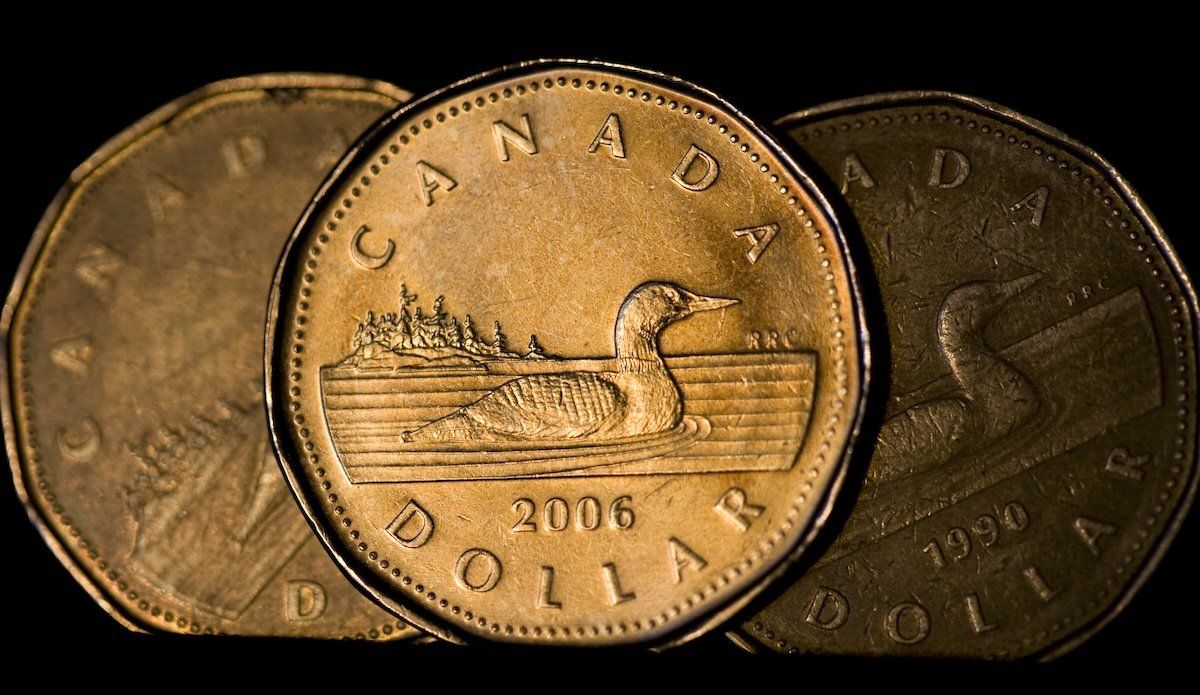HARD NUMBERS: Inflation keeps cooling, Trans Mountain oil embarks, Ontario’s unclaimed dead pile up, Biden’s polls get worse, Red Lobster gets cooked, Abortion on the ballot in the US
2.7: Good news on the inflation front. Canada’s annualized consumer price growth fell by 0.1 points to 2.7% in April, the lowest level in two years. This marks the fourth consecutive month that inflation has been within the Bank of Canada’s target range of 1-3%, bolstering hopes that the regulator will begin rate cuts as early as this summer.
550,000: Call it a crude milestone … The first tanker to take cargo from the expanded Trans Mountain Pipeline is at Vancouver port this week, loading up with 550,000 barrels of Alberta oil destined for China. The pipeline expansion, which nearly triples the pipeline’s capacity to 890,000 barrels per day, finally opened this month after more than a decade of delays.
1,183: The number of unclaimed dead bodies in Ontario reached 1,183 last year, a nearly six-fold increase over the past decade. The coroner’s office says rising funeral costs are the reason for about a quarter of those instances. Over the past 25 years, the average price for a fancy eternal sendoff in Canada has risen almost 50% to $8,800.
36: New poll, same old worries for US President Joe Biden, who had just a 36% approval rating in May, according to a new study by Ipsos/Reuters. That’s down 2 points from April and ties with the lowest mark of his presidency, last reached in the summer of 2022. The top three issues for voters are the economy, the threat of political extremism, and immigration. Donald Trump, meanwhile, scored higher than the incumbent on the first and last of those issues.
20: Red Lobster is cooked. The half-century-old casual seafood dining chain, once one of America’s biggest restaurant businesses, filed for bankruptcy this week. Much of the media feasted on reports that a recent $20 all-you-can-eat shrimp promotion had pushed the famed Lobster into the Red, but experts pointed to destructive business decisions by the company’s succession of recent private equity and corporate owners.
11: As many as 11 US states could ask voters whether to enshrine abortion rights in their constitutions as part of the general election in November. So far, activists have succeeded in getting such measures on the ballot in South Dakota, Colorado, Florida, and Maryland. The measures are pending in Montana, Nevada, Arizona, Missouri, Arkansas, and New York.
